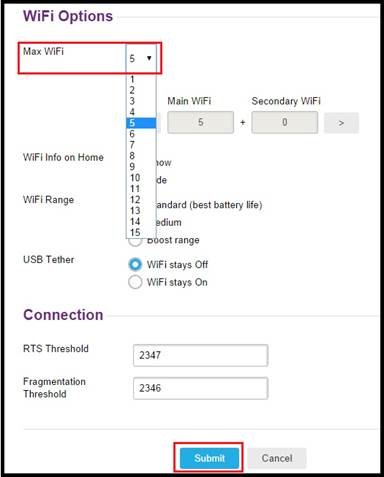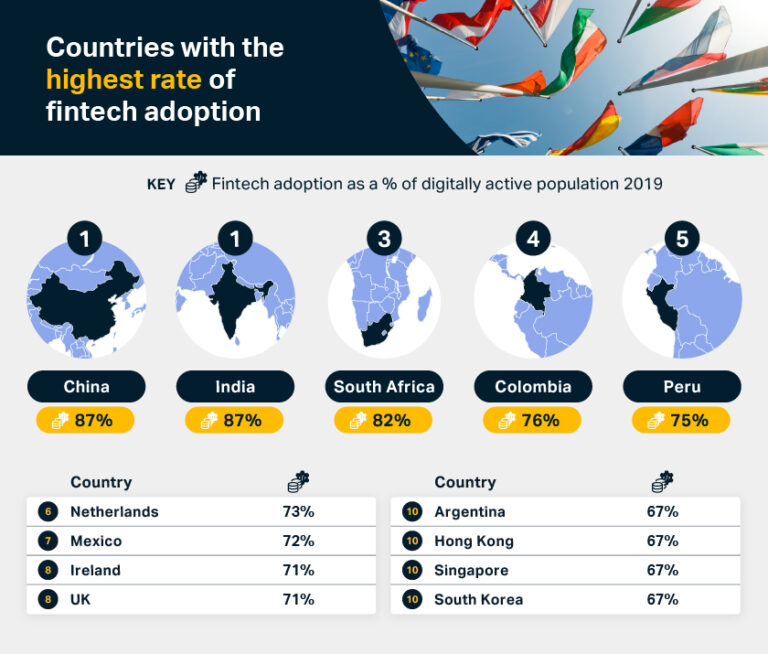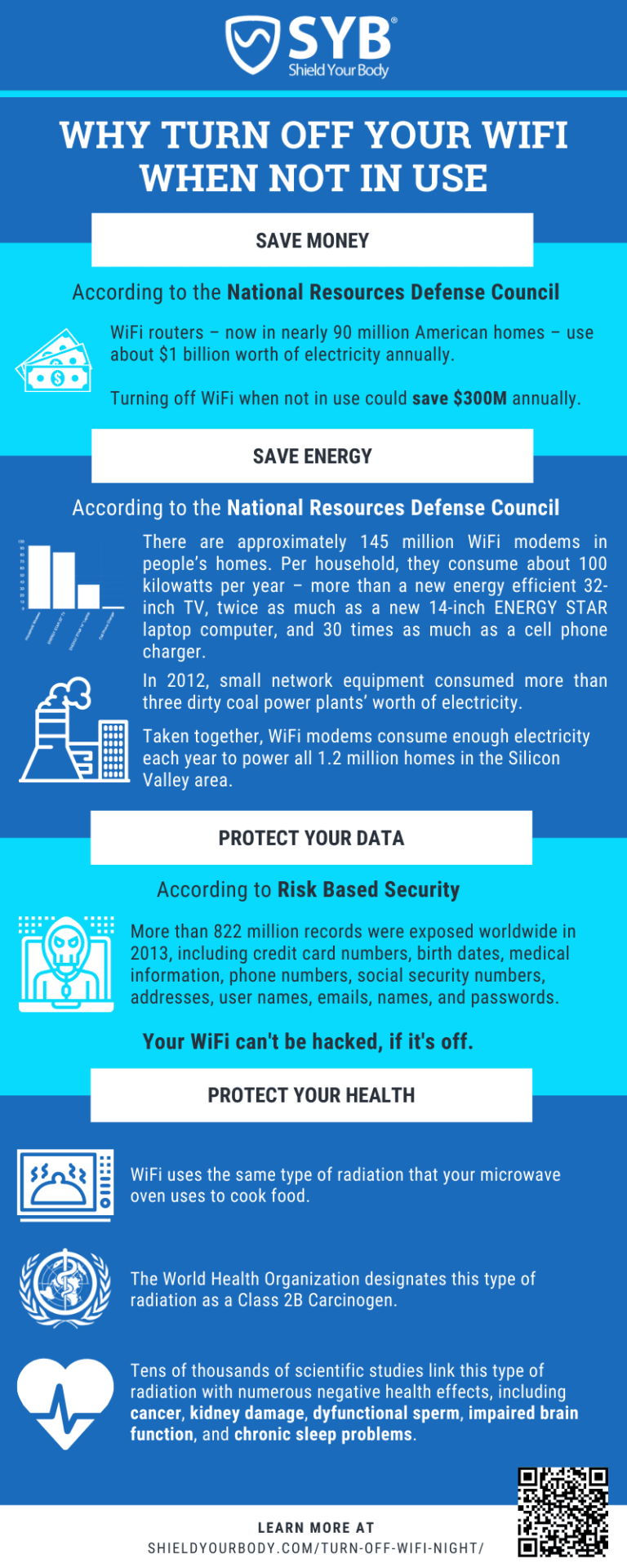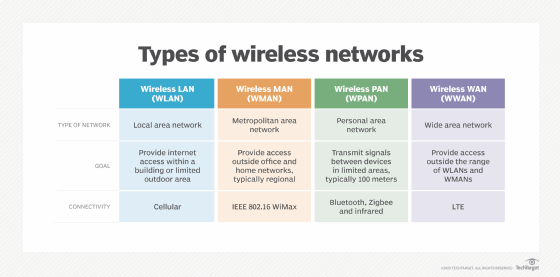Is There Any WiFi Limit?
WiFi is an essential part of our lives, allowing us to stay connected to the internet without being tethered to a physical connection. But, when it comes to WiFi, is there a limit to how much we can use? This question is a common one, and the answer is a little complicated. In short, there is no single “limit” to WiFi usage. However, there are factors that can affect the amount of data you can use, such as your internet service provider’s plan and the type of equipment you use. Additionally, some activities require more data than others, so it’s important to understand the basics of WiFi usage in order to get the most out of your connection.
What is WiFi?
WiFi, or Wireless Fidelity, is a technology that enables users to connect to the Internet without using cords or cables. It relies on radio waves to transmit data between devices, allowing users to access the web from just about any location. However, as with any technology, there are limits to what WiFi can do.
The biggest limitation of WiFi is its range. The signal can only travel a certain distance from the transmitter, so users must be within that range to access the network. Additionally, the signal strength can be affected by physical obstacles such as walls or furniture, which can further reduce the range.
Another limitation of WiFi is its bandwidth, or the amount of data that can be transferred at one time. The speed of a wireless connection is determined by the 802.11 standard that the router is using, as well as the number of devices connected to the network. As more devices connect to the network, the available bandwidth decreases, leading to slower speeds and connection issues.
In addition, WiFi networks can be vulnerable to security risks if not properly configured. Without the proper settings, hackers can easily access the network and use it for their own purposes. It is important to ensure that the router is protected with strong passwords and encryption protocols to ensure that the network is secure.
Overall, WiFi is a great technology that allows users to access the web from just about anywhere. However, it is important to understand its limitations in order to ensure that the network is secure and efficient.
Different WiFi Limits
The ubiquity of WiFi has made it a staple of everyday life, but not all WiFi connections are created equal. From a home router to a public hotspot, there are different types of WiFi networks that come with different levels of access and connection speeds.
When it comes to WiFi networks, there are several factors that determine the limits of a connection. The first is the type of WiFi network. Home routers are typically limited to a single connection and are usually the slowest type of WiFi connection. Public hotspots, on the other hand, can have multiple connections and can be faster than home routers.
The second factor is the number of devices connected to the network. The more devices that are connected to the same network, the slower the connection will be. This is because each device is competing for the same bandwidth, which can lead to congestion and slower speeds.
The third factor is the connection speed. Different types of WiFi connections offer different levels of speed, ranging from slow to fast. The faster the connection, the more data can be transferred, and the better the experience will be.
Finally, the range of the WiFi network will also affect the connection speed. If the router is too far away from the device, the connection will be slower, and the user will experience a lag in performance.
In conclusion, there are many factors that determine the limits of a WiFi connection. The type of WiFi network, the number of devices connected, the connection speed, and the range of the network all come into play. Understanding these factors can help you make the most of your WiFi connection.
How to Check Your WiFi Limit
WiFi is one of the most important technological advancements in the past decade. It’s essential for many of us, allowing us to stay connected to the world around us. But how do you know if you’re getting the most out of your WiFi connection? One way to do that is to check your WiFi limit. This limit is the maximum amount of data that you can use with your WiFi connection. Knowing this limit can help you determine how much data you’re using and if you need to upgrade your service.
To check your WiFi limit, you’ll need to access your router’s settings. Once you’ve logged in, you’ll be able to view your current limit and adjust it if necessary. If you find that your limit is too low for your needs, you may need to upgrade your plan or switch to a different provider. Additionally, you should check to make sure your router is up-to-date with the latest firmware. It’s also a good idea to use a Virtual Private Network (VPN) whenever you’re using public WiFi to protect your data and personal information.
By knowing your WiFi limit and taking the necessary steps to ensure your connection is secure, you’ll be able to get the most out of your service. Keep in mind that the limit you set may vary depending on your provider and plan, so be sure to check with them for more information. With the right measures, you can be sure that you’re enjoying the best possible WiFi experience.
Benefits of Having a WiFi Limit
We all know that having access to the internet is essential in today’s world, but with this access comes a limit on how much we can use. WiFi limits can help protect your data and privacy, while ensuring that you don’t get charged for data overages. But what are some other benefits of having a WiFi limit?
One of the most obvious benefits of having a WiFi limit is that it can help you save money. By limiting your data usage, you can avoid costly overage charges and make sure you don’t exceed your monthly data limit. This can be especially beneficial for people who use a lot of data, as it can help them stay within their budget.
Another advantage of having a WiFi limit is that it can help protect your security. By limiting your data usage, you can ensure that your personal information is not sent over an unsecured connection. Additionally, having a WiFi limit can help prevent hackers from accessing your data, as they will only be able to access a certain amount of it.
Finally, having a WiFi limit can help you stay connected. By limiting your data usage, you can ensure that your device always has enough data to stay connected, even if it is in a low-signal area. This can be especially beneficial for people who travel a lot, as it can help them stay connected while on the go.
Overall, there are many benefits to having a WiFi limit. Not only can it help you save money and protect your data, but it can also help you stay connected while on the go. So if you’re looking to get the most out of your data plan, having a WiFi limit is a great way to do so.
Disadvantages of Having a WiFi Limit
The idea of having a WiFi limit may sound great at first, but it can also come with some drawbacks. Many people may not realize that having a limit on their internet usage can limit their ability to access websites, videos, and applications, and even cause them to miss out on important information. Furthermore, a WiFi limit can also slow down the speed of a user’s connection when they reach their data limit, making it difficult to surf the web, stream videos, or play online games. Additionally, having a data cap can be expensive, as users may need to purchase additional data in order to access the internet. Finally, having a data limit can also lead to a lack of security, as users may not be able to access the latest security updates and patches, which can put them at risk for cyber attacks. In short, while having a WiFi limit can help some people manage their internet usage, it can also create a number of drawbacks that should be considered before making the decision to place a data limit on their internet connection.
Steps to Increase Your WiFi Limit
You may be wondering if there is a set limit to the amount of WiFi you can use in your home or office. The answer is yes, there is a limit to the amount of WiFi you can use. Depending on the type of router you have, the amount of data that can be sent and received over your WiFi connection will vary. Fortunately, there are some steps you can take to increase your WiFi limit.
For starters, you’ll want to make sure you have a good router. Investing in a quality router can make a huge difference in the speed and reliability of your internet connection. Additionally, using a dual-band router will ensure that you have two separate frequency bands to use, which can help increase your WiFi limit.
You can also increase your WiFi limit by increasing the range of your router. To do this, you can add a signal booster or range extender to your router. This can help to extend the range of the router and thereby increase your WiFi limit.
Finally, you can also increase your WiFi limit by upgrading your internet plan. Higher internet speeds will allow your router to handle more data, which can help to increase your WiFi limit.
By taking these steps, you can help to increase your WiFi limit. Investing in a quality router, adding a signal booster or range extender, and upgrading your internet plan are all steps you can take to increase the amount of data that can be sent and received over your WiFi connection. Keep in mind that the amount of data that can be sent and received over your WiFi connection will vary depending on the type of router you have.
FAQs About the Is There Any WiFi Limit?
Q1. How much data can I use on a WiFi connection?
A1. The amount of data you can use on a WiFi connection will depend on your internet plan. Some plans have a data cap while others may be unlimited. It is best to check with your internet provider to determine the limit of your plan.
Q2. Is there a speed limit for WiFi connections?
A2. The speed of your WiFi connection will depend on the speed of your internet plan. Your internet provider will be able to provide more information regarding the speeds that are available with your plan.
Q3. Are there any time limits associated with WiFi connections?
A3. No, there are generally no time limits associated with WiFi connections. However, some internet providers may restrict the amount of time you can use the connection each day or in a given period. It is best to check with your internet provider to confirm any limits that might be in place.
Conclusion
In conclusion, the answer to the question of whether there is a WiFi limit is yes. WiFi networks have limited bandwidth, meaning they can only support a certain number of users and devices at once. As such, it is important to manage your WiFi network efficiently to ensure that everyone has the best experience possible. Additionally, many ISPs have data caps or other restrictions that limit the amount of data you can use each month, so it is important to ensure that you are aware of these limitations.




